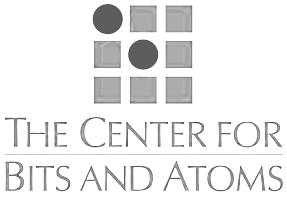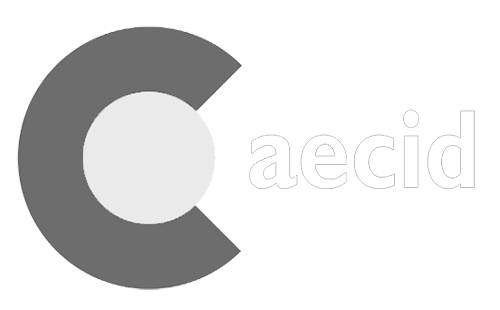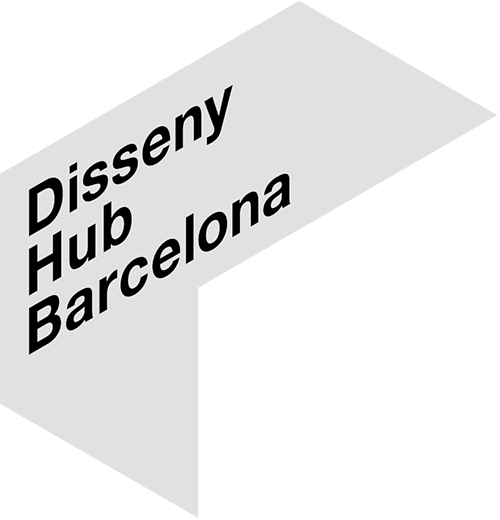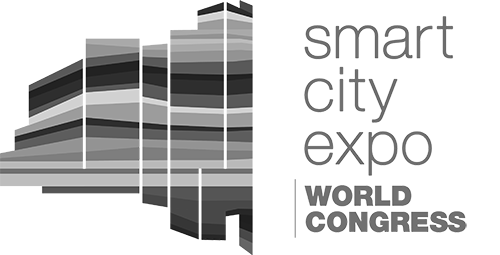Fab Lab Barcelona
Fab Lab Barcelona is part of the Institute for Advanced Architecture of Catalonia, where it support different educational and research programs related with the multiple scales of the human habitat. It is also the headquarters of the global coordination of the Fab Academy program in collaboration with the Fab Foundation and the MIT’s Center for Bits and Atoms; the Fab Academy is a distributed platform of education and research in which each Fab Labs operates as a classroom and the planet as the campus of the largest University in construction in the world, where students learn about the principles, applications and implications of digital manufacturing technology.
The Fab Lab Barcelona has produced projects such as Hyper habitat IAAC (official selection for the Venice Biennale XXI) or the Fab Lab House (Audience Award in the first Solar Decathlon Europe in Madrid).
It is currently developing projects in different scales, from smart devices for data collection by individuals (Smart Citizen innovative project award in the Smart City Expo and World Congress in Barcelona), the development of the new generation of Fab Labs in the Green Fab Lab project, to the new production models for cities with the Fab City project being implemented in Barcelona.
Our mission as a Fab Lab is to provide access to the tools, the knowledge and the financial means to educate, innovate and invent using technology and digital fabrication to allow anyone to make (almost) anything, and thereby creating opportunities to improve lives and livelihoods around the world.
Community organizations, educational institutions and non-profit concerns are our primary beneficiaries.
Find a Fab Lab near you: www.fablabs.io




































